Vegans and others who buy milk substitutes made from soya are harming the planet and would be better off switching to cows' milk, according to the UK’s Sustainable Food Trust.
The authors of the research calculate that about 85l of milk are produced in the UK for every kilo of soya bean meal consumed by dairy cows. This is in contrast to no more than 7.5l of soya drink being produced from a kilo of whole soya beans.
“As a result, drinking milk from cows in the UK uses 11 times less soya than consuming drinks made directly from soya. Use of soya could be cut still further if farmers used more alternative sources of protein and consumers actively sought milk produced from cows that graze grass.
Efficient
“In Europe as a whole, milk from cows is only four times more efficient than soya drinks in terms of soya use. The use of concentrates is higher because grass is a less productive crop in many countries than in the UK," according to the Sustainable Food Trust.
Citing the research, published in the Journal of Applied Animal Nutrition, the trust said that UK livestock farmers could also use more local alternatives to soya meal and palm kernel meal without reducing productivity.
“This is essential to reduce ever-increasing demand and associated destruction of rainforest in the Amazon and southeast Asia. But it is not just up to farmers. Vegans and others who buy milk substitutes made from soya are also harming the planet,” according to the trust.
Feed
“Livestock feed manufacturers favour the use of soya bean meal over other high-protein feeds, with over a million tonnes used in UK livestock feed annually.
Grass has a relatively high protein content and adding palm kernel meal to the diet results in excessive nitrogen excretion and pollution of both air and water
“Widespread availability, high level and high quality of protein make soya bean meal attractive for use in pig, poultry and dairy cow rations. Palm kernel meal has more limited use, predominantly in dairy cow rations, especially as a supplement to grazed pastures.
“This practice should, however, be reconsidered. Grass has a relatively high protein content and adding palm kernel meal to the diet results in excessive nitrogen excretion and pollution of both air and water,” it said.
Grass
Sustainable Food Trust chief executive Patrick Holden said that the new study is important.
“It shows that livestock farmers could reduce their dependence on imported protein, which is produced at such a high environmental cost, and rely more on home-produced feed. But it also shows that drinking cows’ milk uses far less soya than drinks made from soya, because most of the milk comes from grass.
“This highlights the importance of grass, a crop ideally suited to our climate and the grazing animals that turn it into high-quality foods we can eat,” he said.
Read more
Over 17% of some Brazilian beef exports related to deforestation – study
Cutting through the bull: milk v ‘mylk’
Vegans and others who buy milk substitutes made from soya are harming the planet and would be better off switching to cows' milk, according to the UK’s Sustainable Food Trust.
The authors of the research calculate that about 85l of milk are produced in the UK for every kilo of soya bean meal consumed by dairy cows. This is in contrast to no more than 7.5l of soya drink being produced from a kilo of whole soya beans.
“As a result, drinking milk from cows in the UK uses 11 times less soya than consuming drinks made directly from soya. Use of soya could be cut still further if farmers used more alternative sources of protein and consumers actively sought milk produced from cows that graze grass.
Efficient
“In Europe as a whole, milk from cows is only four times more efficient than soya drinks in terms of soya use. The use of concentrates is higher because grass is a less productive crop in many countries than in the UK," according to the Sustainable Food Trust.
Citing the research, published in the Journal of Applied Animal Nutrition, the trust said that UK livestock farmers could also use more local alternatives to soya meal and palm kernel meal without reducing productivity.
“This is essential to reduce ever-increasing demand and associated destruction of rainforest in the Amazon and southeast Asia. But it is not just up to farmers. Vegans and others who buy milk substitutes made from soya are also harming the planet,” according to the trust.
Feed
“Livestock feed manufacturers favour the use of soya bean meal over other high-protein feeds, with over a million tonnes used in UK livestock feed annually.
Grass has a relatively high protein content and adding palm kernel meal to the diet results in excessive nitrogen excretion and pollution of both air and water
“Widespread availability, high level and high quality of protein make soya bean meal attractive for use in pig, poultry and dairy cow rations. Palm kernel meal has more limited use, predominantly in dairy cow rations, especially as a supplement to grazed pastures.
“This practice should, however, be reconsidered. Grass has a relatively high protein content and adding palm kernel meal to the diet results in excessive nitrogen excretion and pollution of both air and water,” it said.
Grass
Sustainable Food Trust chief executive Patrick Holden said that the new study is important.
“It shows that livestock farmers could reduce their dependence on imported protein, which is produced at such a high environmental cost, and rely more on home-produced feed. But it also shows that drinking cows’ milk uses far less soya than drinks made from soya, because most of the milk comes from grass.
“This highlights the importance of grass, a crop ideally suited to our climate and the grazing animals that turn it into high-quality foods we can eat,” he said.
Read more
Over 17% of some Brazilian beef exports related to deforestation – study
Cutting through the bull: milk v ‘mylk’




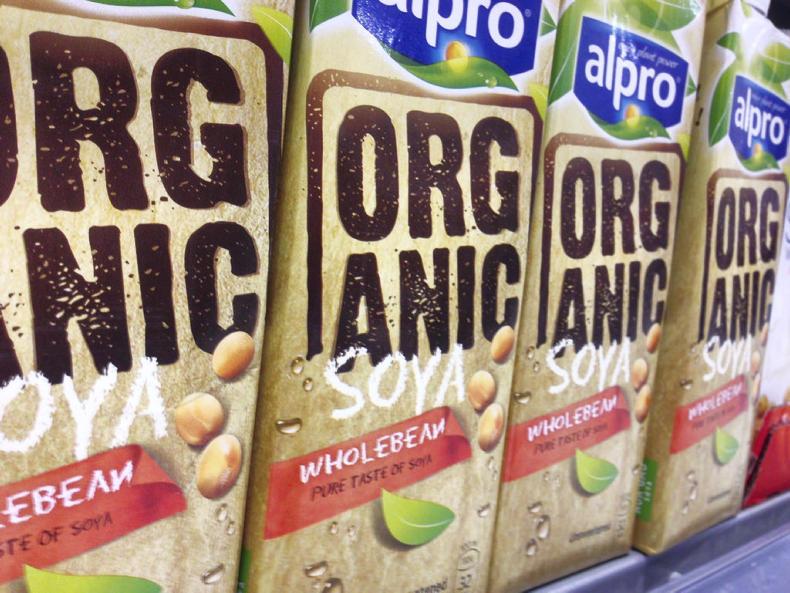
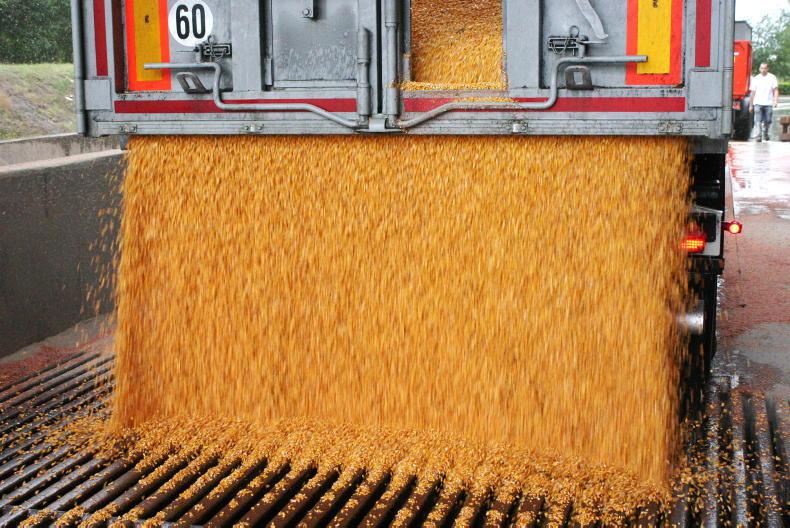

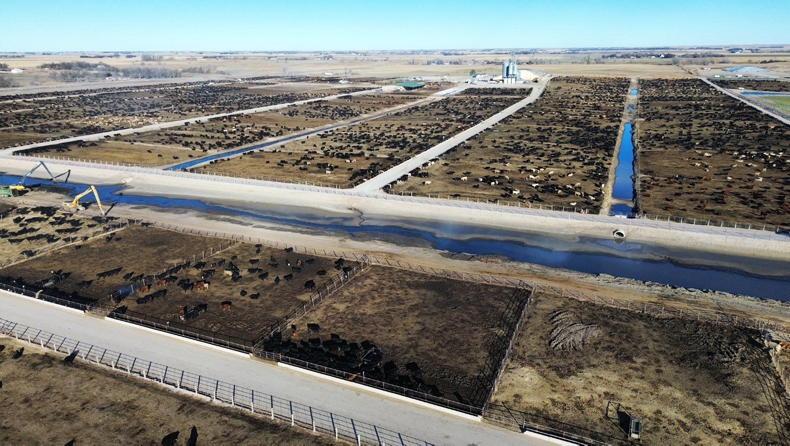
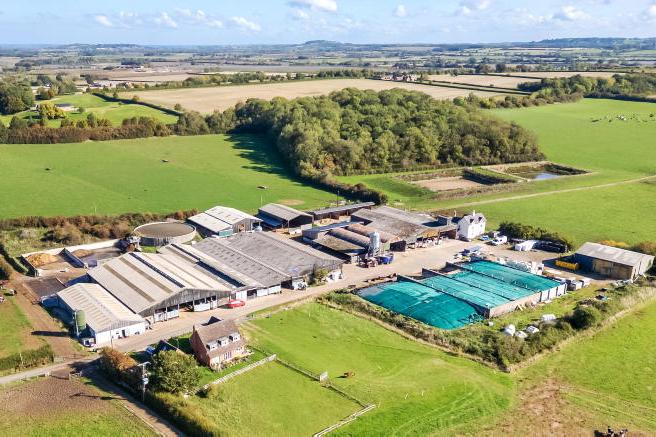
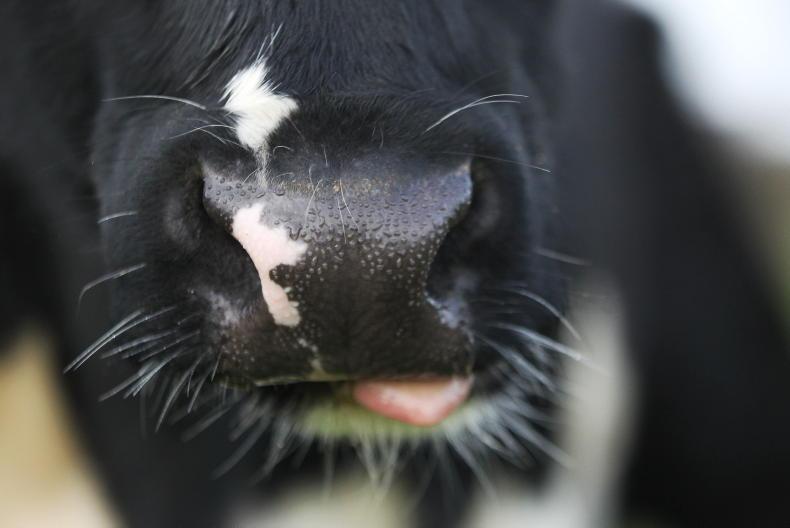
SHARING OPTIONS